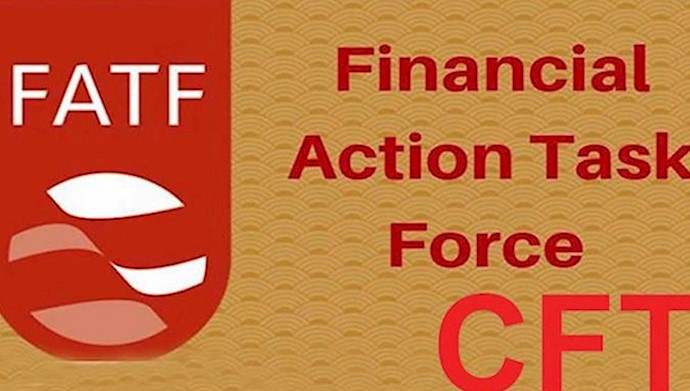Analysis by PMOI/MEK
Iran, April 22. 2019 – Even prior to Iran’s Islamic Revolutionary Guards Corps (IRGC) terror designation as a Foreign Terrorist Organization (FTO) by the U.S. State Department, infighting over the fate of the Financial Action Task Force (FATF) related bills amongst the mullahs’ regime were already escalating into dangerous territory.
However, the blacklisting of the Islamic Republic’s main armed forces takes the equation to the next level with far more at stake.
The two remaining bills necessary for Iran to join FATF, after considerable back and forth between the Majlis (parliament), the Guardian Council, and the Expediency Council, were referred to the latter for further study and a final decision.
For the mullahs’ regime, there are much at stake. In a nutshell, it is a strategic decision that will resonate far and wide throughout Iran’s current power structure and its relations with the international community.
However, despite the importance of the bills for Iran’s future, both in terms of its foreign relations and its internal form of government, the regime seems to be paralyzed and stuck at a crossroads that will take its toll one way or another.
Etemad online website writes: “The story of the FATF bills has become a tortuous odyssey. It is so twisted that the shadow of daily news and events looms large over it. Political controversies and their interpretations have reached a level where the FATF itself is forgotten.”
Laya Joneydi, deputy of legal affairs for Iranian regime president Hassan Rouhani, has also voiced concerns.
“Everyone, including the media, the government, the Majlis and the Expediency Council should help keep the discussion about the FATF professional and not political. If they make the discussion too much political, it may be that the issue is impacted by daily moods and news, resulting in a negative decision made,” she said.
“We don’t intend to change the government’s policy,” she said when asked about the impact IRGC’s designation on the FATF decision-making.
On the other hand, Abolfazl Zohrehvand, Iran’s former ambassador to Italy, disputed Laya Joneydi’s claims that there is no connection between the designation of IRGC and FATF.
“These two issues are very much related. If we fall into the trap of the combating terrorism financing (CFT), FATF and Palermo bills, the U.S. will have legal grounds to ask other countries to cooperate with it,” he said.
He then attacked the so-called moderate Rouhani cabinet.
“Some people are either not aware of this or, God forbid, one must suspect them of being the representatives of the West,” he added.
Amir-Hossein Ghazizadeh Hashemi, a member of the Majlis administrative board, also lashed out at FATF proponents.
“Today, pro-West voices who sought the four bills approved and joining the Palermo and CFT conventions must have realized that the opponents of these bills have been realists and had good a grasp of the true nature of the international community. But the pro-Wests, through illusion and optimism, have almost put the country into the West’s trap,” he warned.





